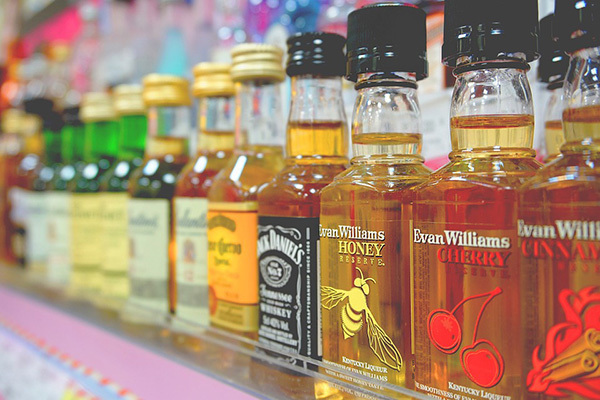Paperwork for a proposed voter initiative that would allow private sector businesses to sell alcoholic beverages has been filed in Oregon.
Currently, consumers must purchase alcoholic beverages from state-approved stores operating under the direction of the Oregon Liquor Control Commission. If approved, businesses in Oregon would be allowed to sell liquor, beer, and wine. Thirty-two other states already allow private businesses to sell alcoholic beverages.
Micromanaging Sales
Steve Buckstein, a senior policy analyst and founder of the Cascade Policy Institute, says government regulators keep a tight hold on the state’s economy.
“The state franchise stores are privately owned by owners that are granted a license to operate [the stores] by the state,” Buckstein said. “They are private stores, but the state tightly controls who gets the licenses, and they tightly control things like their operating hours, their prices, [and] what they can and can’t sell in the stores.”
Job Losses Doubted
Antony Davies, an associate professor of economics at Duquesne University, says arguments against allowing free-market principles to flow in the retail liquor industry are flatter than a drink left out too long.
“The argument the state makes is that … if you privatize you’ll lose all these state jobs,” Davies said. “The fact is you won’t. What’ll happen is these private owners are going to need employees. Who better to hire than people who already have experience? I don’t see jobs going away.”
Fizzy Math
Davies says the numbers don’t add up to justify the government’s central planning of the liquor business.
“The numbers that are often quoted are that the state system contributes ‘x’ amount of dollars to the state each year, but if you dig down into that what you’ll find is they aren’t counting the taxes collected,” Davies said. “They are counting the revenues, but they aren’t counting any of the expenses. The state can easily get the revenues by licensing fees and taxes. The argument that the state is going to be losing revenue is a non-starter.”
Room for Improvement
Although a freer market for spirits is good for the taxman and consumers, Davies says privatization reforms could go further.
“The best outcome is to just open the doors and let businesses compete, and in fact it would be better for the state finances to do it that way,” Davies said. “Picture two scenarios where the state has a limited number of licenses they hand out to businesses, versus opening the doors and letting anybody step forward and bid for a license. The state can get much more in the second case.”
Kimberly Morin ([email protected]) writes from Brentwood, New Hampshire.


